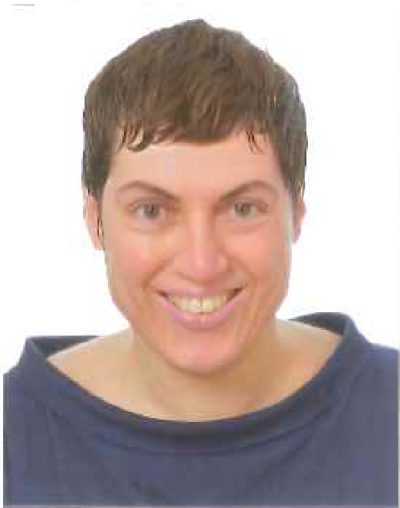
About Us
Expert Analytics AS is a science and technology consultancy company located in Oslo, Norway. We offer high-quality technology solutions to both domestic and international customers. Our primary fields of expertise are data science, mathematical modelling and advanced back-end software development. The company has close ties to local research institutes and 2/3 of our employees hold a PhD in mathematics, physics or computer science. We have special expertise in high performance computing, advanced data visualization, data science and machine learning for extracting information from large unstructured data sets.
Expert Analytics has a strong focus on research and development and has a keen interest in the use of computational methods and data science in the industry. The company therefore sees great value and mutual benefit in close interactions with both the scientific community and our industrial partners. Our main focus areas in the industry are towards the energy sector like wind- and hydropower plants, heavy machinery and automation of manufacturing.
Our experts have years of hands-on experience in computational science and robust industrial software development. We thrive on complex challenges and use scientific methods and technical excellence to develop flexible and tailored solutions that close the gap between needs and tools.
Our consultants can function as an integrated part of the client’s development team, or we can take on a project management role with the overall responsibility for the development. We can engage in both small short-term projects and strategic long-lasting efforts.
Our consultants

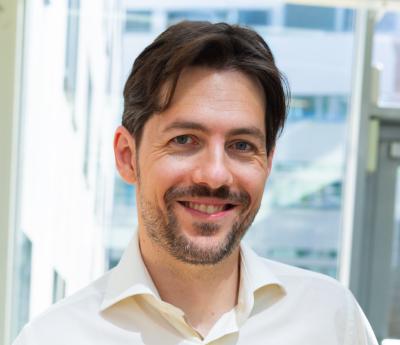
Alessandro Marin
Alessandro has a PhD in Physics and 10+ years of corporate and academic experience in software development, machine learning, scientific research, and technical troubleshooting. Alessandro is eager to work with new technologies and is experienced in solving problems analytically and with creativity. At the same time he is proficient in handling technical issues and in communicating with end users.
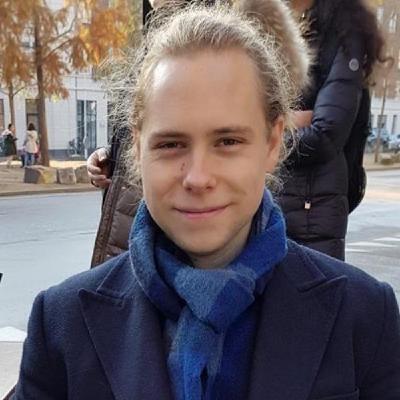
Alexander Fleischer
Alexander is a senior software developer specializing in backend and system development in Python. His experience with Python dates back to 2010, and he has been working professionally with system development in Python since 2018. During his career, he has worked in several platform and product teams in both the public transport sector and the energy sector. Alexander holds a master’s thesis in computational quantum physics from the University of Oslo.
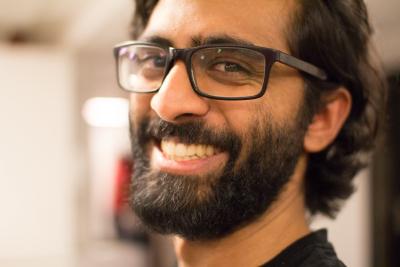
Alocias Mariadason
Alocias has a master’s degree in physics from the University of Oslo, submitted in spring 2018. The subject of the thesis was Quantum Monte Carlo Simulations of Quantum dots constrained in single- and double well potentials. He solved the numerical problem for both systems with new analytic expressions which had not been explicitly done before and a newer method with roots in machine learning to further improve upon the results.
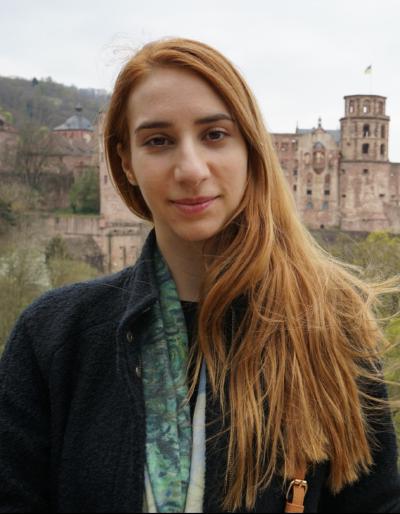
Ana Budiša
Ana holds a PhD in applied mathematics from University of Bergen and has worked as a postdoctoral researcher at Simula Research Lab in Norway. Her expertise lies in computational modeling, and algorithm design and implementation to solve large-scale problems in biomechanics and geophysics. Ana is an eager and challenge-driven person with strong interest in software development, scientific computing and machine learning.
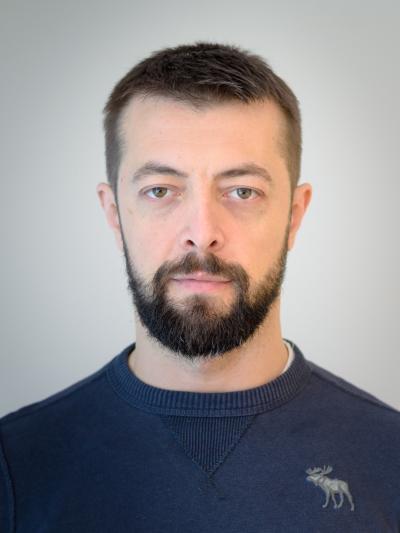
Ata Karakci
Ata holds a PhD in physics with specialisation in astrophysics which he obtained from Brown University in 2014. Before joining the Expert Analytics team, he has worked as a postdoctoral researcher at the University of Oslo and Universite Paris VII. His expertise includes statistical analysis of large data sets, numerical modelling, signal processing, imaging, and programming.
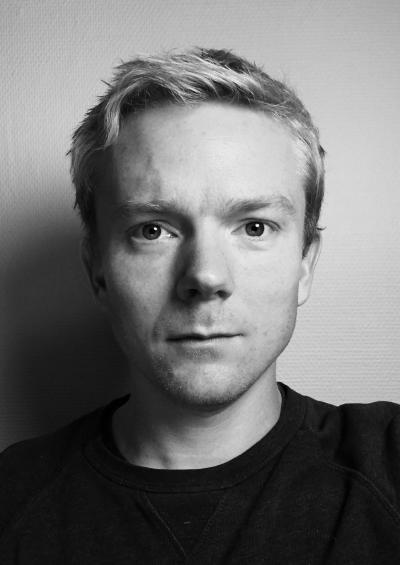
Christian Pedersen
Christian holds a PhD in fluid mechanics from the University of Oslo, where he also worked as a postdoctoral researcher. His expertise includes mathematical modeling, numerical methods and programming. Christian enjoys working in interdisciplinary environments and applying this knowledge to contribute to real-world solutions.
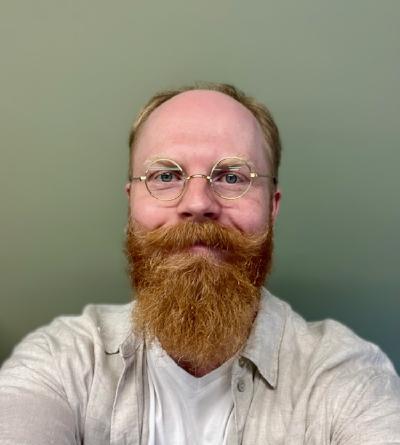
Daniel Marelius Bjørnstad
Daniel is a seasoned software developer with a PhD in neuroscience, specializing in data analysis and cloud software development. With expertise in multiple stages of project development, Daniel’s work spans from the initial definition of project goals and value propositions to the deployment of final products, including services, dashboards, reports, production models, and APIs. His background in neuroscience provides a strong foundation in complex data processing and analysis, allowing him to tackle challenging problems in diverse domains. He started working professionally with software development in 2016.
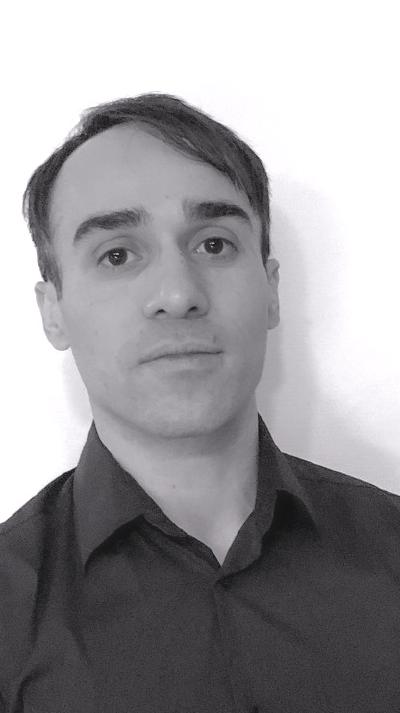
Diako Darian
Diako holds a Ph.D. in Computational Mathematics from the University of Oslo. As a student at both Mathematics and Physics departments at the University of Oslo, he has acquired a broad knowledge in various physical and mathematical theories, and numerical methods.
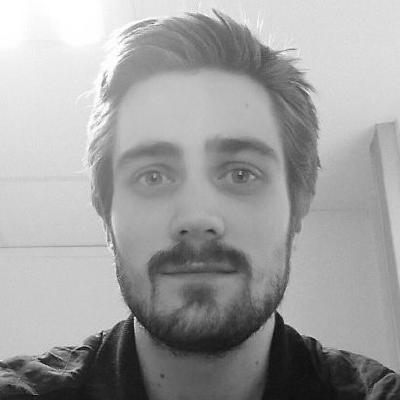
Eivind Storm Aarnæs
Eivind has a masters degree in Computational Science from the University of Oslo, completed in 2016. His project investigated a particle system modeling linear elasticity, and accelerating linear algebra computations using GPUs. From the studies leading to his degree he has gained broad knowledge about algorithms, numerical mathematics, and programming in several languages.
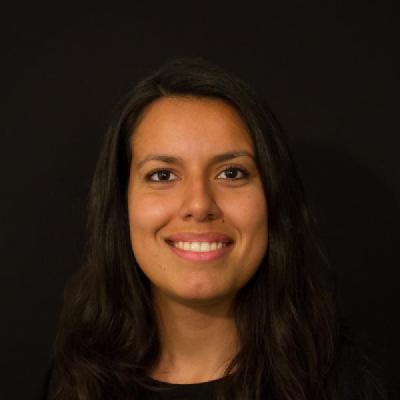
Eleonora Piersanti
Eleonora obtained her PhD degree in applied mathematics from the University of Oslo and Simula Research Laboratory (Oslo, Norway) in 2023, and her Master’s degree in Aeronautical engineering from Politecnico di Milano in 2015. During her doctoral studies, she developed efficient solvers and robust formulations for poroelasticity equations applied to model brain displacements and fluid flow. From 2019 to 2023, Eleonora worked as a research and development engineer at FLIR Unmanned Aerial Systems AS (Hvalstad, Norway). In that role, she focused on improving the aerodynamical performances of drones using both numerical models and practical experiments.
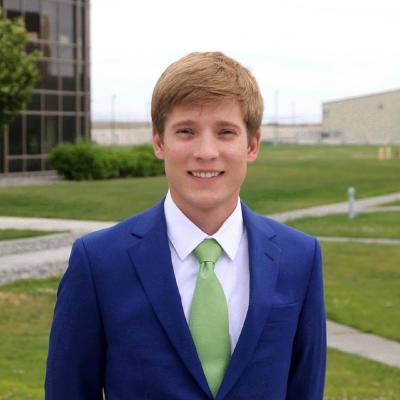
Eric Matthews
Eric holds a Ph.D. in Nuclear Physics from Berkeley. His thesis was written on the nuclear data of fission yields. His main interests include nuclear medicine, data science and analysis, and statistics. Eric is currently working with Expert Analytics to develop its oncology research portfolio after the company joined the Oslo Cancer Cluster in November 2022. Eric retains an appointment on the research faculty at the Department of Nuclear Engineering at Berkeley.
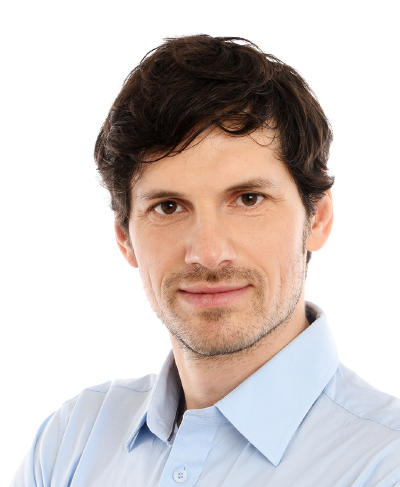
Felix Kohler
Felix is a research scientist with experience in data analysis and scientific programming. He holds a PhD in physics and worked in various interdisciplinary projects both as a Postdoc and Researcher in an academic setting as well as a senior researcher in industry. Felix has a background in both experimental studies as well as mathematical and numerical modelling. His creativity, analytical mindset and scientific experience provide him with a solid foundation for finding solutions to complex problems.
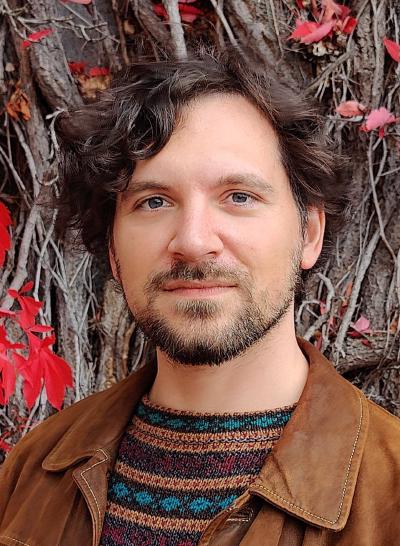
Francesco Pogliano
Francesco holds a PhD in experimental nuclear astrophysics from the University of Oslo, where he also continued as a postdoc before joining Expert Analytics. The subject of his PhD thesis was the extraction of nuclear properties from experimental data, and their use in astrophysical settings, such as the origin of heavy elements. He acquired expertise in nuclear physics and astrophysics, but also Python programming, statistics, experiment planning and data analysis. He likes solving complex problems, developing algorithms, and has keen interest in visualizing and presenting data.
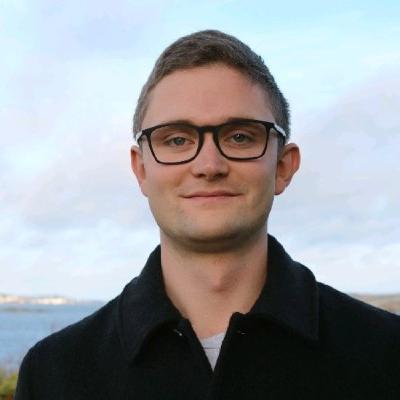
Guttorm Kvaal
Guttorm is a curious person with an interest and enthusiasm for technology and problem solving. His academic background is focused around applied mathematics, programming, and physics. He submitted his master’s thesis the summer 2017 in the field of Computational Science and Engineering at the University of Oslo / Simula.
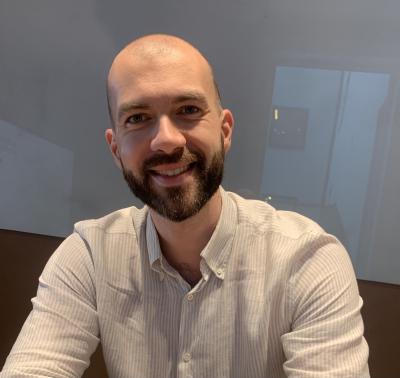
Jakob Schreiner
Jakob holds a Ph.D. in computational mathematics from the University of Oslo, where he studied mathematical models of electrical activity in the brain. He also developed computer models running on high-performance computers produces large amounts of data. Jakob is a pragmatic programmer who takes pride in building robust, clean and easy-to-maintain software solutions. Since being awarded his Ph.D, Jakob has built and maintained energy-market models in the renewable power sector.
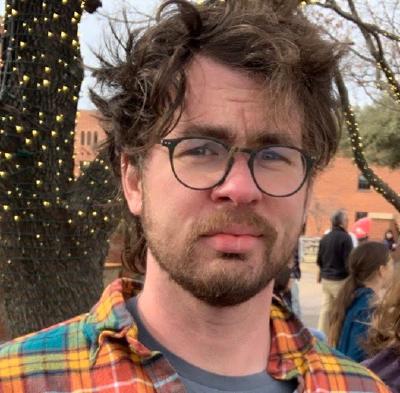
John M. Aiken
John is a computational scientist who has experience across disciplines in using machine learning, statistics, software development to reach solutions. John has worked on a variety of problems and enjoys learning new topics and new technology that connect across disciplines. At Expert Analytics John works on problems related to global scale spatio-temporal modeling and CO2 sequestration. John also is affiliated as Researcher at the University of Oslo in the Njord Centre for Studies of the Physics of the Earth.
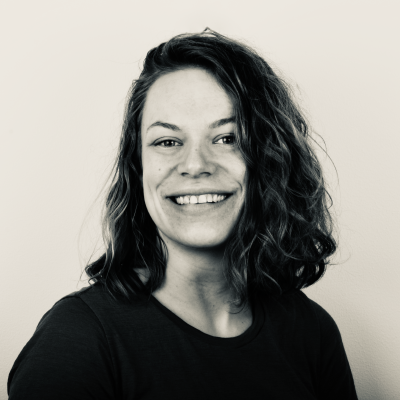
Kate Heerema
Kate holds a PhD in Marine Geology from Durham University, United Kingdom, and completed a post-doc at the University of Victoria, Canada. She is a problem solver, analytical thinker and loves a challenge. With her Earth Sciences background, she is an expert in big data analysis and visualisation, fieldwork planning and preparation, as well as instrument deployment. She has worked with a variety of geophysical data, and is always eager to dive into new data acquisition types. She has strong collaboration skills, extensive teaching experience and great communication skills.
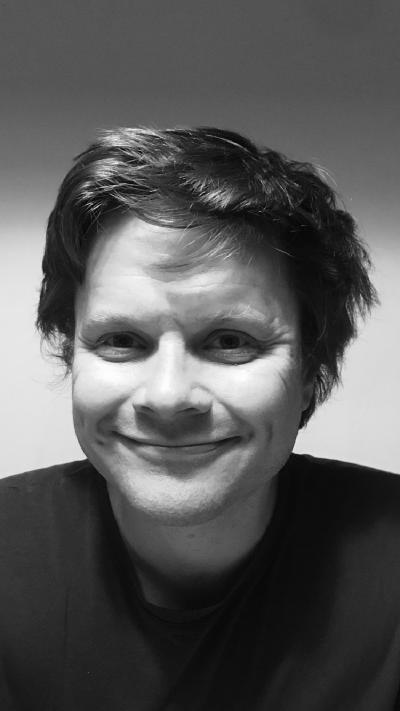
Kent-Andre Mardal
Kent-Andre is a Professor of Applied Mathematics at the University of Oslo. He has extensive experience with computational modeling, multi-physics simulations, high-performance computing, and scientific software development (Python and C++).
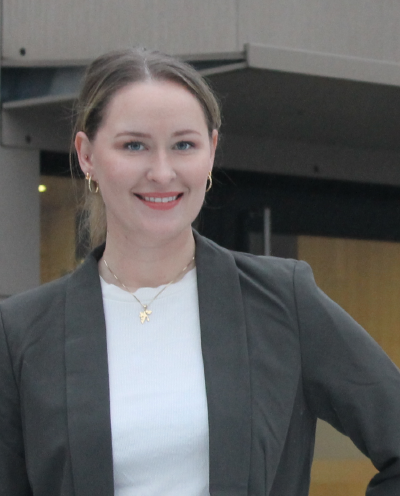
Kine Onsum Moseid
Kine is an organized scientific programmer that likes to solve problems from a big picture approach. She submitted her PhD thesis in Climate Science in December of 2021, and during her doctorate she analyzed radiation and air pollution data from a multitude of climate model simulations and compared them with observations. This work gave insight in big data analytics and visualisation, especially regarding time series and how to avoid common pitfalls like comparing apples and oranges. She enjoys working with large datasets, learning new things, and communicating/teaching science.
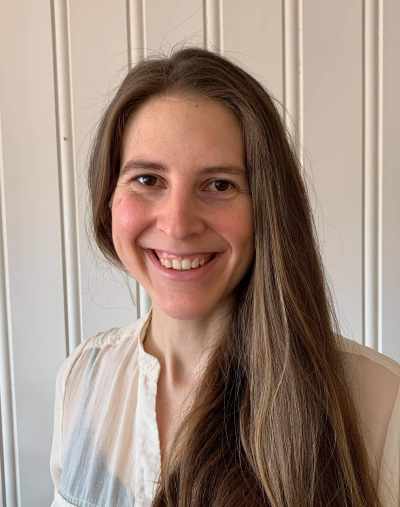
Kristine Sønstevold Beckmann
Kristine has a Master’s degree and three years experience as a PhD-student in Nuclear Physics. She has accumulated extensive practice with statistical analysis of sensor data and problem solving using programming tools such as Python and C++. Kristine has performed analyses consisting of handling raw data, performing calibrations, doing time series analysis, statistical fitting of peak distributions and doing model simulations in order to compare to experimental data.
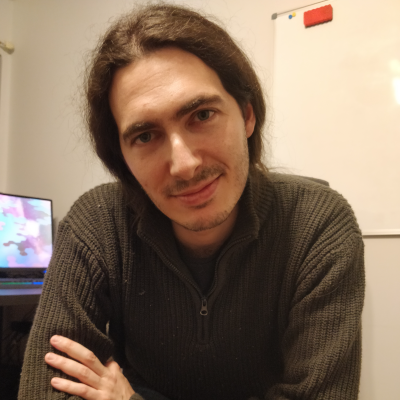
Marco Nava
Marco holds a Ph.D in computational Condensed Matter Physics, with a strong focus on quantum and classical atomistic simulation methods. Throughout his decade-long career he has worked on both software development - mainly in C++ and Python - and research intensive projects across several research fields ranging from low-temperature physics to computational chemistry and biophysics. This experience, along with his robust mathematical and coding background, allows him to be a broad and thorough problem solver, well capable of working both independently and as a team member.

Mats Brun
Mats has a PhD (2019) in applied and computational mathematics (University of Bergen, Bergen, Norway), in addition to a postdoctoral experience in biomathematics at the University of Oslo, Oslo, Norway (2020-2021). He has experience and interest in biomathematics, fluid mechanics, flow in porous media, heat transfer, solid mechanics, coupled systems, among others. Moreover, he has programming experience in Python, Java, Matlab and Haskell. Mats is an analytical and creative problem solver, whose expertise relies on diverse experience with mathematical modeling and numerical programming, with applications ranging from geothermal energy storage to evolutionary biology, in addition to several teaching experiences.
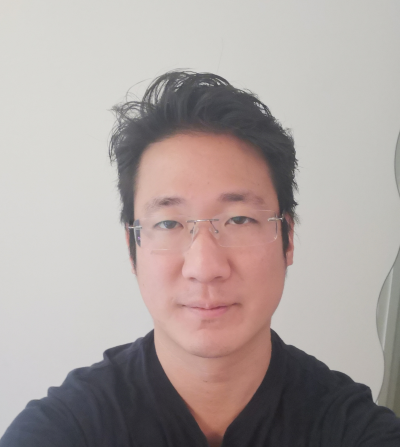
Max Endo Kokubun
Max has a PhD (2014) in Aerospace Engineering (INPE, Brazil) and two postdoctoral experiences: one in Applied Mathematics, at IMPA (Brazil, 2014-2016) and another in Chemistry, at the University of Bergen (2016-2019). He has experience and interest in multiphase flow, reactive flows, flows in porous media, heat transfer, CFD, to name a few. Additionally, he has programming experience in Fortran, Matlab, Python and Octave.
More than the scientific capabilities, Max’s expertise relies on its experience in bridging fundamental and applied science.
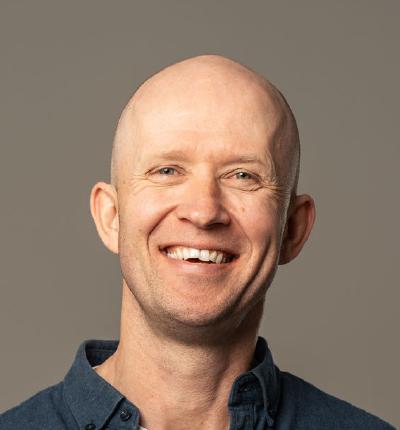
Ola Skavhaug
Founder and CEO of Expert Analytics. Loves mixing high and low-level languages to combine flexibility with performance.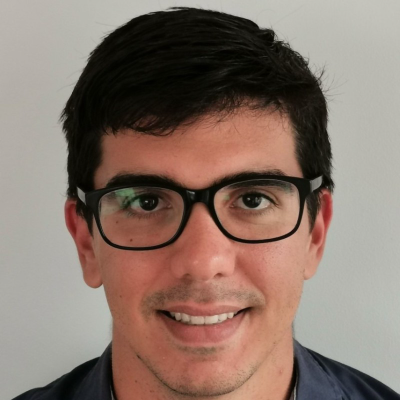
Ricardo Vasconcellos Soares
Ricardo holds a PhD in applied mathematics from the University of Bergen and NORCE Norwegian Research Institute. With a strong foundation in theoretical and applied sciences, he has been a consultant since 2020, working in both public and private sectors. Ricardo’s skill set includes roles as a data analyst, data scientist, and developer. One of Ricardo’s key strengths is his expertise in Python and cloud computing, particularly in the Azure ecosystem.
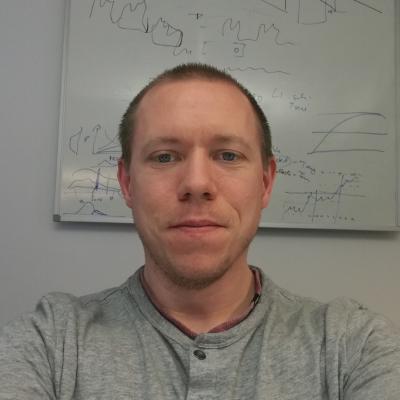
Roar Emaus
Roar has a master’s degree in High Energy Physics from the University of Oslo, completed in 2018. In his thesis he studied two different models of particle production at high energies, one statistical using the thermodynamical equations and one using the properties of a theoretical particle called Pomeron.
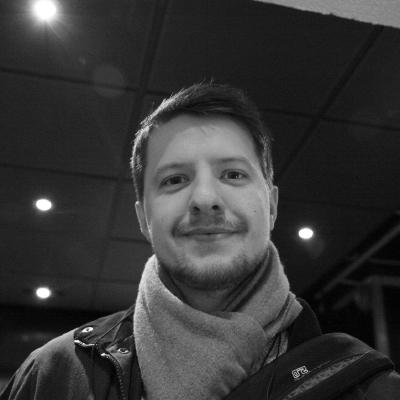
Robert Solli
Robert Solli is a specialist in scientific programming, with expertise in mathematical optimisation, statistical analysis and machine learning. He has solved a varied set of problems with this skillset, from understanding complex physical systems to increasing student volunteer participation.
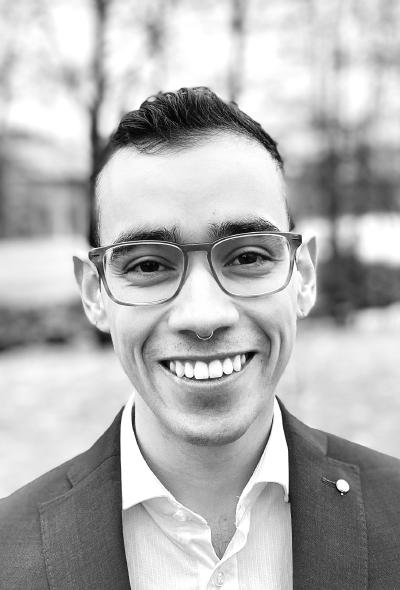
Sebastian Franco Ulloa
Sebastian is a curious person always looking to learn about new topics and combining them into novel solutions to complex problems. He received his PhD in biocomputional sciences in March 2021 from the Italian Institute of Technology/University of Bologna, where he studied how nanomaterials interact with physiological environments. He is experienced in molecular simulations, data visualization, and scientific writing. In more recent years, Sebastian has been applying bioinformatic methods to genomics, proteomics, and transcriptomics data.

Sebastian Gjertsen
Sebastian holds a master’s degree in applied mathematics from the University of Oslo and Simula Research Laboratory, finished in 2017. In his thesis he built a Fluid-Structure Interaction solver with Python using the FEniCS platform. This also included working with supercomputers parallelizing the computational efforts. During his studies he gained knowledge in algorithms, numerical computing and programming in different languages.
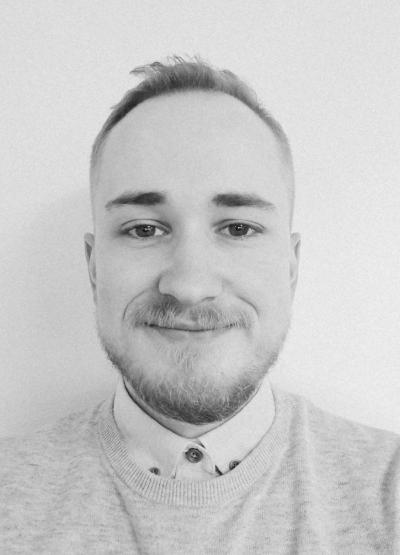
Sigmund Slang
Sigmund submitted his masters’s degree in Geophysics and Seismology at the University of Oslo in 2019. The subject of the thesis was Attenuation of Seismic Interference Noise using Convolutional Neural Networks and was written in collaboration with CGG Services AS. This work gave insight in the fields of machine learning and seismic signal processing.

Simen Tennøe
Simen is a computational scientist who finished his Ph.D. in computational neuroscience in 2019. He has a background from computational astrophysics where he wrote software for finding clusters of galaxies in cosmological N-body simulations. His Ph.D. focused on quantifying uncertainties in computational models of neurons and neural networks and he created a Python toolbox for performing these calculations.
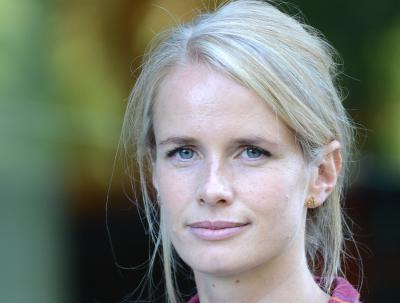
Therese Renstrøm
Therese holds a Ph.D. in Experimental Nuclear Physics from the University of Oslo. Her thesis was awarded the YARA Birkeland Prize for outstanding contributions to innovation and industry. Her main fields of expertise are developing real-time analytics tools and implementing machine learning and statistical models. The past years, she has developed prototypes and set into production software tools for the petroleum-, processing- and medical industry.

Thomas Golding
Thomas is interested in bringing to life the potential of data for automation and insight purposes. He will happily engage in the various steps of the process, from analysis and machine learning to data collection and software development.
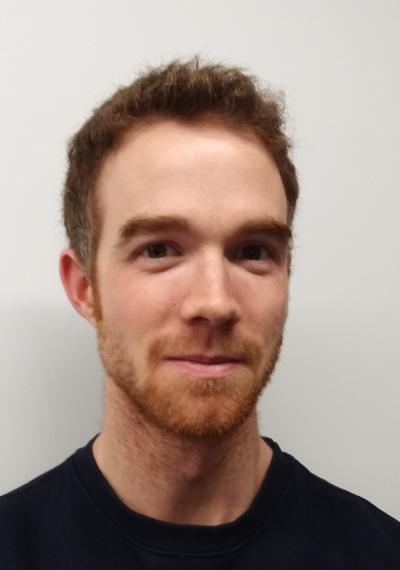
Thomas Zengaffinen-Morris
Thomas has a background in Earth Sciences and likes solving challenging problems. During his education at NGI Oslo, UiO, and ETH Zurich, he gained valuable scripting skills to automate processes, analyse and visualise data, and perform numerical simulations.
Vegard Vinje
Vegard obtained his PhD degree in applied mathematics from the University of Oslo and Simula Research Laboratory in 2019 and worked as a researcher at Simula between 2019 and 2023. In his research he worked with health data, mathematical models and computer simulations to understand fluid flow in the human brain. Both physical based (differential equations) and data driven (statistical, machine learning) models were used in his research.